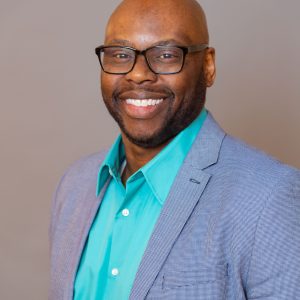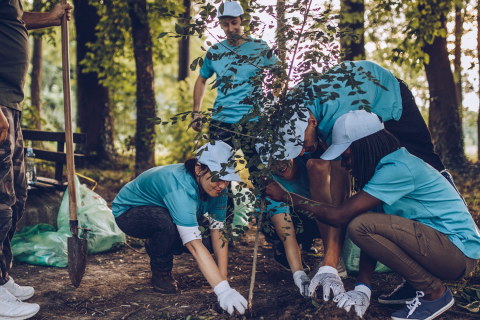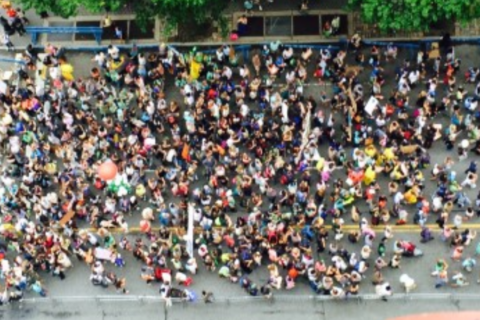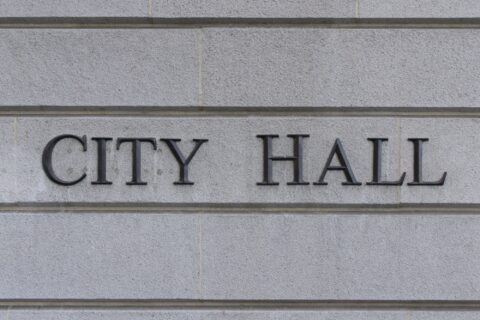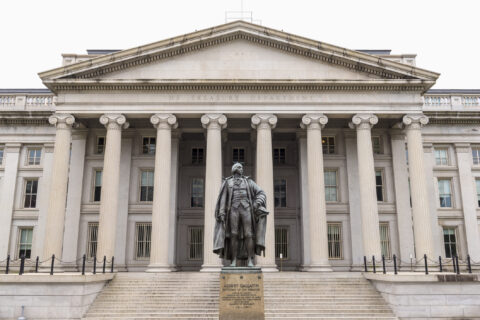As we approach the end of Second Chance Awareness Month, the first endorsed by the White House, investing in wrap-around supports for our returning citizens must be a priority as our cities, towns, and villages seek to improve their public safety. As the National League of Cities (NLC)s first John D. and Catherine T. MacArthur Foundation-funded Justice Reform Fellow, I work for the Institute for Youth, Education, and Families (YEF Institute) where I will utilize my fellowship and lived experience to support cities in reimagining public safety, specifically around young adult justice and reentry. My personal experience with the reentry process was not one the majority of returning citizens have access to.
While awaiting sentencing in DC’s Department of Corrections, I was fortunate to have been selected to participate in Georgetown University’s Prison Scholars Program where professors and teaching assistants from the University visited the jail to teach liberal arts classes. Upon release, I was accepted into the second cohort of GU’s Pivot Program which, with the Prison Scholars Program, operates under GU’s Prison Justice Initiative in a partnership with the DC Government’s Employment Services. The Pivot Program has a year-long academic curriculum, including internships, where participants earn a certificate in Business and Entrepreneurship. I completed my internships at FreeCap Financial and Whiteboard Advisors where I gained additional skills and experience that ultimately led to this opportunity at NLC’s YEF Institute.
Providing returning citizens with a second chance and prioritizing reentry services is not only something we deserve but is effective public safety policy.
Tony McCright, Jr.
When it comes to higher education filling some of the voids in reentry, Georgetown is not alone. Bellevue, Eastern Michigan, and John Jay are just a few colleges and universities across the country offering education, workforce development, physical and mental health services, housing, and food assistance to returning citizens. Beyond services, these programs present participants with an opportunity to build a strong network. My network, for example, includes a former Assistant Secretary of the Treasury, the mayor of my family’s hometown, a former prosecutor, C-Suite executives, my Georgetown family, and now my colleagues at NLC. My transition from prison to society hasn’t been without its challenges, but how many of the 650,000 people released from incarceration have access to such connections or reentry services?
It is encouraging that some municipalities are following the research and are developing or building their reentry programs. This evidence and behavioral science-based approach is reflected in reentry programs such as San Francisco’s Community Assessment & Services Center and Albuquerque’s Resource Reentry Center (a collaborative effort with the county). Both cities recognized the need to improve the services they provide, launched an assessment, followed the science, and made changes they deemed necessary to improve the reentry process thereby improving their citizens’ chances of a successful transition from incarceration to productive members of society.
New Orleans took a very unique approach to enhancing their reentry program. In preparation for the release of hundreds of inmates expected to return to the city as part of Louisiana’s Justice Reinvestment Reforms, a ‘triage’ unit was created in the probation office. The value of the services provided was later deemed essential and what was intended to be temporary has become a permanent reentry task force where the city serves as an umbrella for over 60 non-profit and city agencies that have volunteered to donate manpower to manage the reentry process. Other cities that have efforts underway to prioritize re-entry include Philadelphia, Boston and Los Angeles.
As these cities and others re-think and reform public safety in their communities, local leaders grappling with how to deal with the many social inequities that exist should not forget to reserve a seat at the table for those most affected. Ensuring all voices are included will help eliminate public policy blunders of the past. Those of us with lived experience are a valuable resource and an integral part in developing comprehensive public safety policies.
Local budget adjustments, the passage of the American Rescue Plan, and the promise of the American Jobs Plan, all provide opportunities to reimagine what public safety looks like in cities. Part of that effort needs to ensure that all citizens are included in the movement toward an equitable society. Providing returning citizens with a second chance and prioritizing reentry services is not only something we deserve but is effective public safety policy.
Reach Out to Us
If you are a municipal leader making or looking to make changes to your reentry programs, we want to hear from you.

